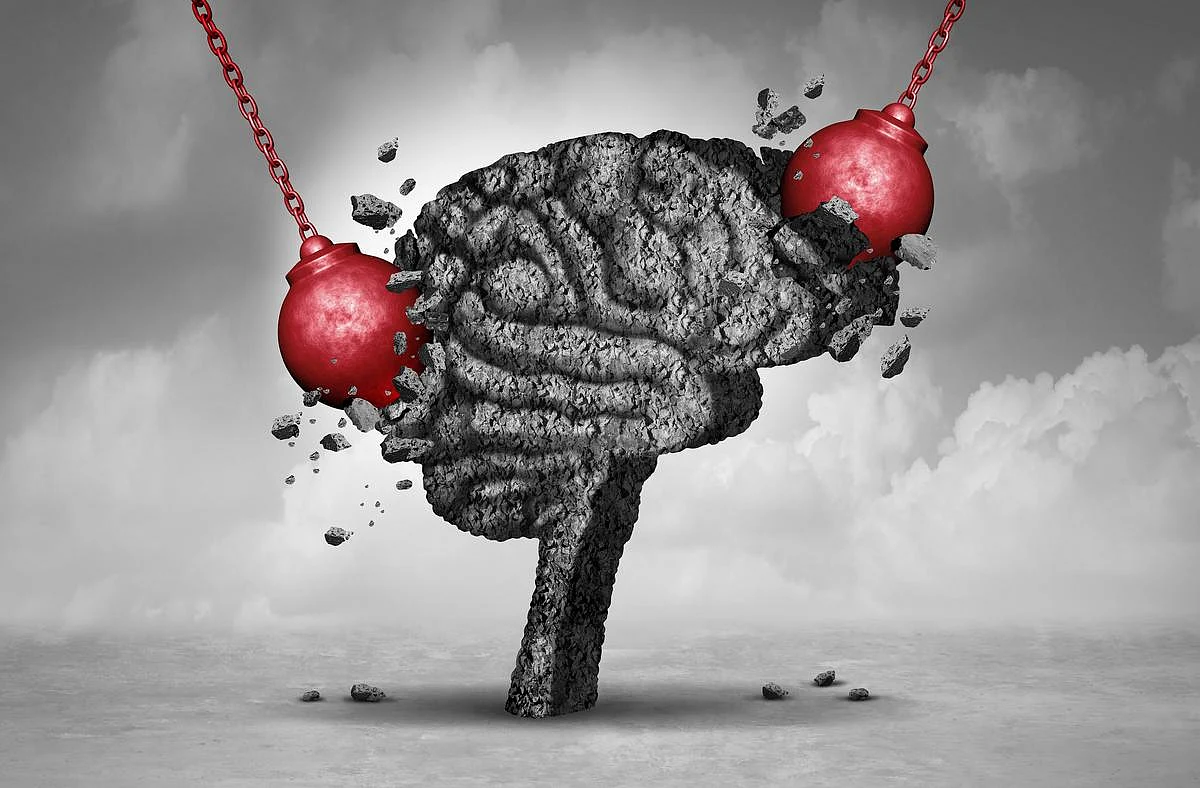Increase in theta-beta ratio seen after treatment, correlating with improved cognitive inhibition
By Elana Gotkine HealthDay Reporter
THURSDAY, July 31, 2025 (HealthDay News) — Treatment of traumatic brain injury with magnesium-ibogaine reduces spatiotemporal complexity of brain activity and slows cortical oscillations in the brain at rest, according to a study published online July 24 in Nature Mental Health.
Jennifer I. Lissemore, Ph.D., from the Stanford University Medical Center in California, and colleagues performed resting-state electroencephalography before, 3.5 days after, and one month after magnesium-ibogaine therapy in an observational, open-label study of 30 combat veterans to examine the effects on human cortical oscillations and complexity.
The researchers found that slower oscillations (theta-alpha) increased in power after treatment, and power at higher-frequencies (beta-gamma) decreased. Accordingly, there was an increase seen in the theta/beta ratio after treatment, which correlated with improvement in cognition inhibition. After treatment, peak alpha frequency and neural complexity were lower, which persisted at one-month follow-up. Correlations were seen for these neurophysiological markers with improved executive function, posttraumatic stress disorder, and anxiety after ibogaine.
“No other drug has ever been able to alleviate the functional and neuropsychiatric symptoms of traumatic brain injury,” coauthor Nolan Williams, M.D., also from Stanford University, said in a statement. “The results are dramatic, and we intend to study this compound further.”
One author disclosed ties to Alto Neuroscience and Flow Neuroscience; one author is a named inventor on Stanford-owned intellectual property relating to magnesium-ibogaine.
Copyright © 2025 HealthDay. All rights reserved.








